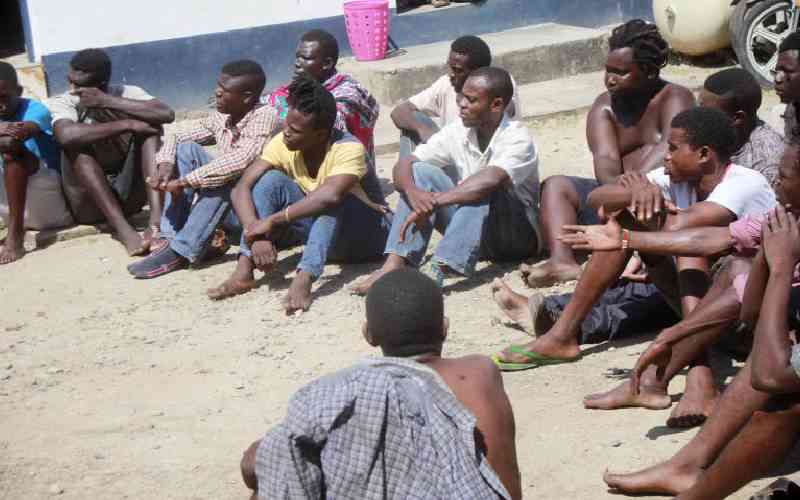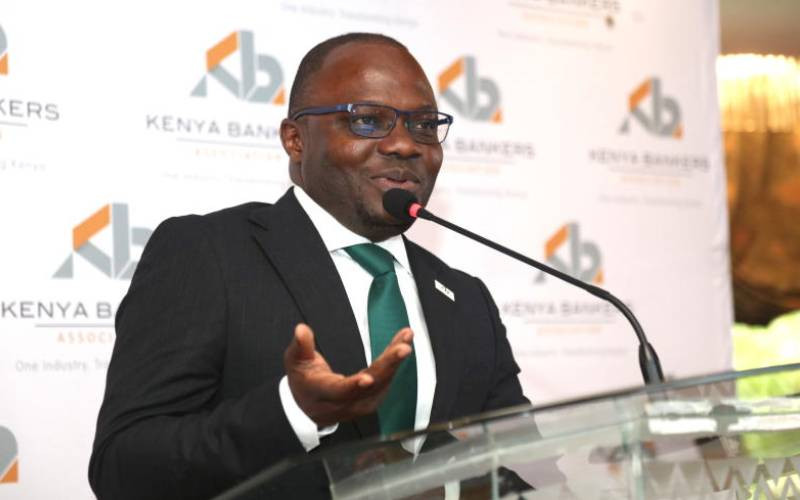
Recent reports of killings and related violent crimes by the ‘Confirm’ group have been in the news. To deal with the group, Interior Cabinet Secretary Fred Matiang’i, on June 29, announced changes in senior police officers in Nakuru.
Further, the Directorate of Criminal Investigations summoned Nakuru Town East MP David Gikaria, Nakuru Town West counterpart Samuel Arama and Bahati lawmaker Kimani Ngunjiri over rising insecurity. Unfortunately, these knee-jerk reactions will not solve the problem of criminal gangs in Nakuru and entire country. We have been here before. In March 2000, the government, outlawed 24 gangs. In September 2010, the Prevention of Organised Crimes Act (2010) was enacted to address organised crime. A month later, the minister for Internal Security outlawed 33 gangs in various regions.







